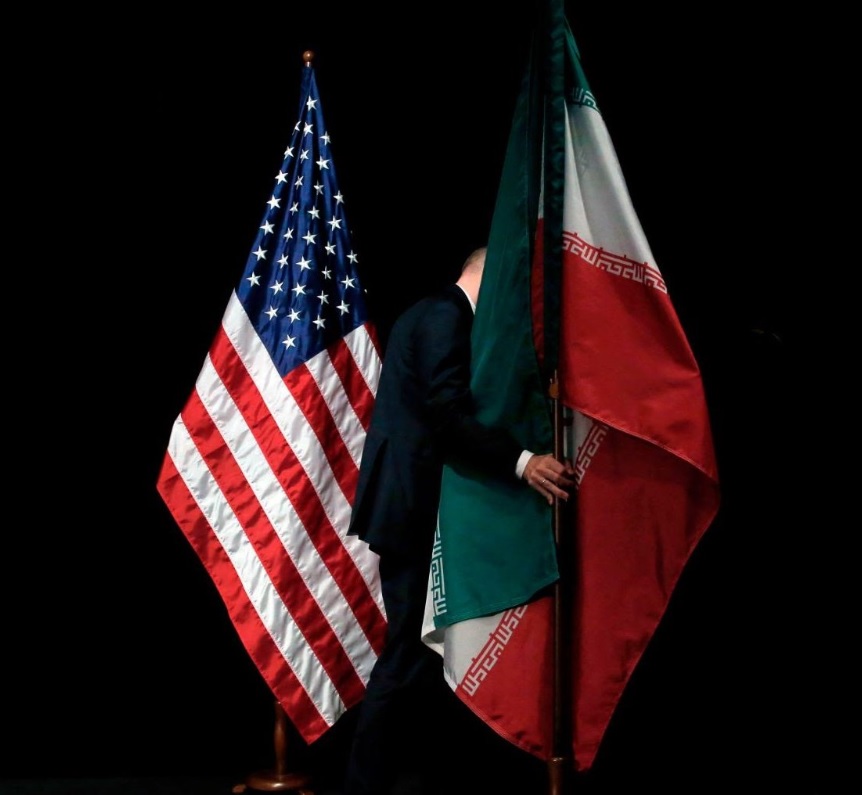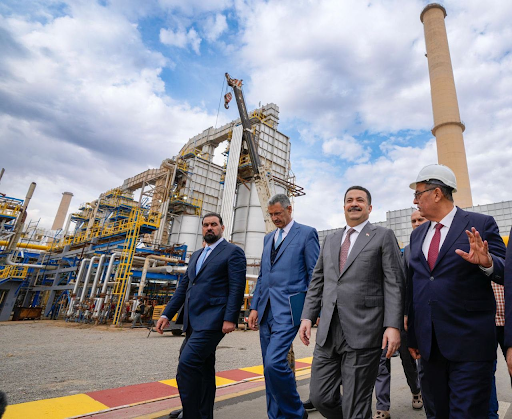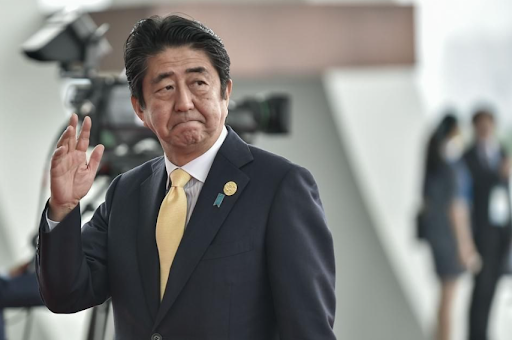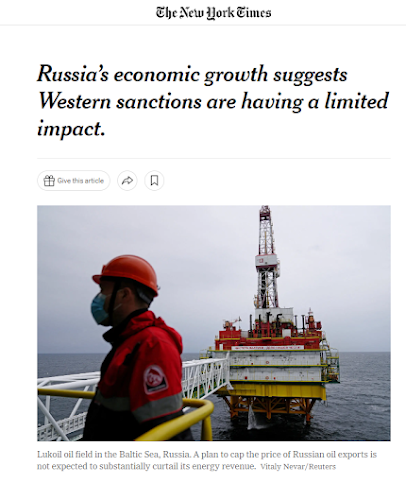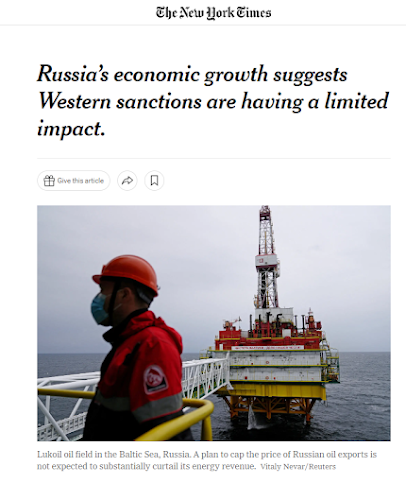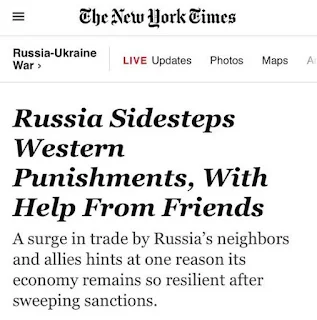
Joint Statement by the United Kingdom, France, and Canada on Israel's actions in Gaza
Joint Statement by the United Kingdom, France, and Canada on Israel's actions in Gaza
"We will not stand by while the Netanyahu Government pursues these egregious actions. If Israel does not cease the renewed military offensive and lift its restrictions on humanitarian aid, we will take further concrete actions in response. We oppose any attempt to expand settlements in the West Bank. Israel must halt settlements which are illegal and undermine the viability of a Palestinian state and the security of both Israelis and Palestinians. We will not hesitate to take further action, including targeted sanctions. "





